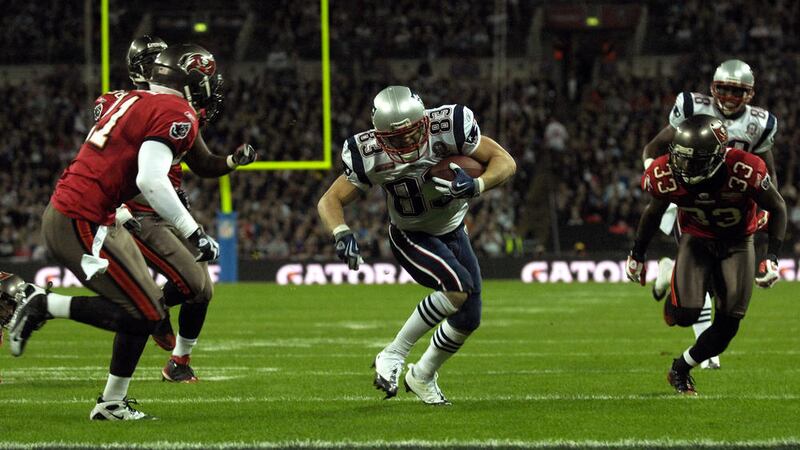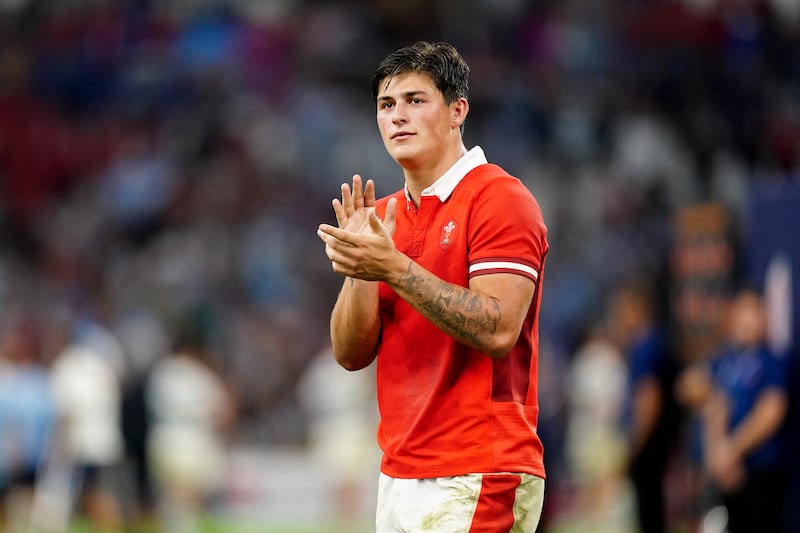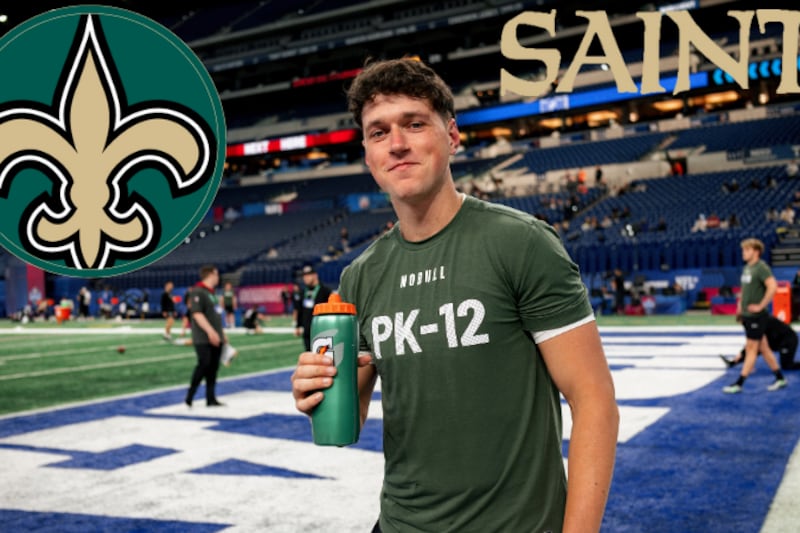A RECENT landmark settlement in American football could have "serious implications" for sport in Northern Ireland, according to experts at leading law firm Carson McDowell.
Three hundred court actions were brought by more than 5,000 ex-players who claimed that the National Football League (NFL) in the United Stages had hidden the effects of concussion.
The decision to settle could see the NFL pay around $1 billion (£647 million) to former and current players. Payments will be based on medical categories, with maximum payments ranging from $1.5m (£1m) to $5m (£3.2m).
The lawsuit highlighted the threat of serious head trauma and its often catastrophic effects on a player's life. While sprains and broken bones were known to be part of the game, the NFL is accused of covering up the dangers of concussions to keep players on the field.
The league has always denied the link between concussion and neurological diseases however the deal is seen by many as recognition by the league that they need to take care of their former and future players.
It is understood that the deal will also fund concussion research and education and provide baseline examinations for problems related to head injuries.
Helen Cosgrove, solicitor at Carson McDowell, said: “The settlement will no doubt have implications across the world as sporting bodies consider whether they would be vulnerable to similar types of claims.
“Concussion has become a serious issue within rugby, football and many other sports, at both professional and non-professional standards. Sporting leagues are vulnerable to claims as they owe a duty of care to their players. If a contract exists between a player and a sporting body there is additional scope for a player to make a claim in breach of contract.
"If players are employees of their respective clubs they are owed a duty of care and employers should provide them with a safe working environment. This duty has to be balanced with the acceptance by the employee that sport will carry a degree of risk.”
Class actions, or representative actions as they are referred to in the north, are not common, however there is provision in the legislation for a group of people who have the same interest in an action to bring an action against a defendant, or group of defendants.
Ms Cosgrove said similar claims in Northern Ireland "may become more common" as awareness of concussion increases.
“Liability for the legal duty of care would only arise when an incident occurs and it can be demonstrated that the risk was foreseeable but no action had been taken to remedy it. A court would consider whether the injury was reasonably foreseeable, and whether it is fair, just and reasonable to impose a duty of care," she added.
“In Northern Ireland, bodies such as the Rugby Union and the Gaelic Athletic Association are taking steps to adequately warn players of the dangers of concussions but there is still an argument as to whether existing concussion protocols are sufficiently robust to protect long term player welfare. In order to raise awareness and increase safety, it is important that this change of mind set is filtered down right to grass roots level if we are to avoid further tragedies in the name of sport.”







